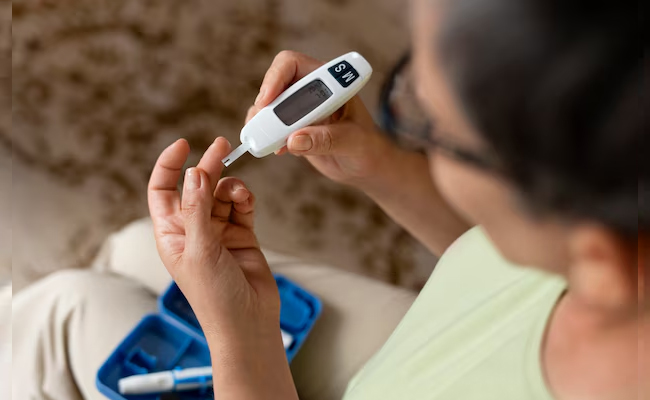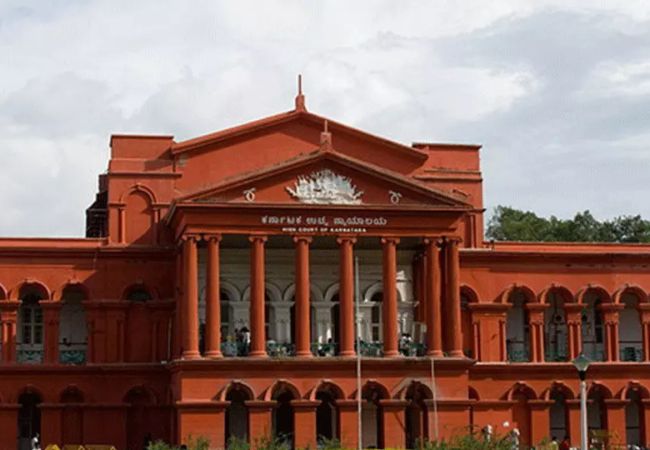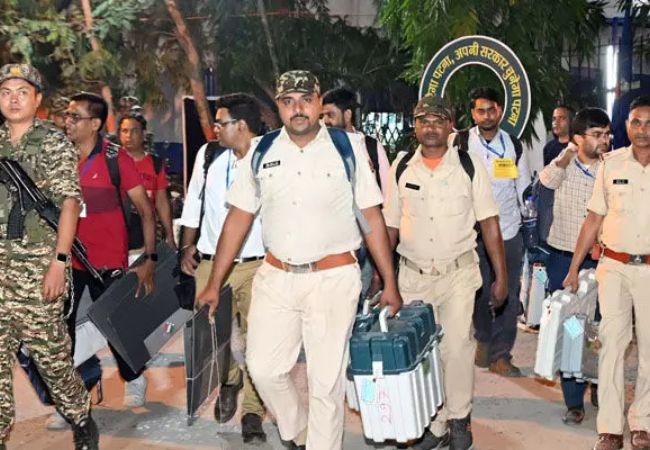Diabetes is one of the world’s largest health crises, affecting over half a billion people across all age groups. It ranks among the top ten leading causes of morbidity and mortality globally, contributing to serious complications such as blindness, kidney failure, heart attacks, strokes, and limb amputations. According to the World Health Organisation (WHO), diabetes accounts for over four million deaths annually. Shockingly, one-quarter of the world’s adult diabetic population lives in India (212 million of the 828 million) as reported by The Lancet.
Numerous initiatives have been undertaken both nationally and internationally to tackle the rise of diabetes. Among them, a worldwide initiative organised by International Diabetes Federation (IDF) and WHO is the World Diabetes Day.
Diabetes, also known as Diabetes Mellitus, is a chronic condition marked by high blood sugar levels. If left untreated, it can adversely affect multiple organs, including the heart, kidneys, blood vessels, and nerves. The most common form of diabetes is Type 2, which typically occurs in adults when the body becomes resistant to insulin or does not produce enough insulin, the hormone that regulates blood sugar levels. Type 2 diabetes is preventable and manageable through healthy lifestyle choices, getting regular screening and treatment, making it an example of a “disease of affluence”— conditions that are often linked to sedentary lifestyles, poor diets, and lack of physical activity.
The Role of World Diabetes Day
World Diabetes Day, observed each year on November 14, aims to raise awareness about diabetes prevention, treatment, and care. The date was chosen to honour Sir Frederick Banting, who co-discovered insulin in 1922, along with Charles Best. The theme for World Diabetes Day 2024 is “Breaking Barriers, Bridging Gaps,” which underpins the importance of reducing diabetes risk and ensuring that all people, regardless of where they live, have access to affordable, fair, high-quality care and treatment.
The Silent Killer
Diabetes is often termed the “silent killer” because it can develop without obvious symptoms in its initial stages. Common symptoms include increased thirst, frequent urination, and unexplained weight loss despite a good appetite. Many people with Type 2 diabetes don’t experience noticeable symptoms until the disease has progressed, making early detection crucial.
"Given the disabling and potentially fatal consequences of diabetes, preventing diabetes through healthy diet and exercise is essential for better health throughout the world," stated Dr R.M. Anjana, president of the Madras Diabetes Research Foundation and one of the authors of the Lancet study. She pointed out how using the HbA1c (average blood sugar count of three months) blood test and fasting glucose rate as calculation benchmarks could have increased the prevalence numbers.
Taking Action: "Breaking Barriers, Bridging Gaps"
As the majority of the world’s diabetic population resides in low and middle-income countries, initiatives like World Diabetes Day are vital for raising awareness and reducing the economic burden of diabetes. By promoting education, improving access to healthcare, and encouraging early intervention, we can help reduce the impact of diabetes and improve the quality of life for those affected.
This World Diabetes Day, let us break down barriers and bridge gaps in healthcare access. Education and awareness are key to empowering individuals to make healthier lifestyle choices, reduce their risk of developing diabetes, and live better lives.
Let’s commit to making informed decisions for our health and help those around us do the same—because when it comes to diabetes, knowledge and action are the best tools for prevention.
Let the Truth be known. If you read VB and like VB, please be a VB Supporter and Help us deliver the Truth to one and all.
Bengaluru: Karnataka High Court has ordered the Air Force Command Hospital here to submit a health check-up report of Karwar MLA Satish Sail, who is facing an Enforcement Directorate (ED) case over involvement in illegal transportation and sale of ore from the Belekeri port.
Justice S Sunil Dutt Yadav on Thursday heard a petition filed by Satish Sail challenging the order of the Special Court of People’s Representatives, which issued a non-bailable arrest warrant (NBW) for not cooperating with the investigation and also cancelled the interim medical bail granted to him in a money laundering case registered by the ED.
The judge, after hearing the arguments, ordered that Sail be tested by a gastroenterologist at the Air Force Command Hospital in Bengaluru at 11:30 am on Saturday, November 15. The judge directed the legislator to submit all his health-related reports to the doctor. He told the Hospital authorities to verify the medical documents, check the MLA’s health and submit the report before the court.
The bench added that, if the Air Force Command Hospital had no gastroenterologist, Sail’s health was to be checked in a similar manner by a specialist at a different hospital suggested by the Air Force Command Hospital.
The interim medical bail granted to Sail has been extended till November 20 by the High Court.



_vb_53.jpeg)

_vb_60.jpeg)